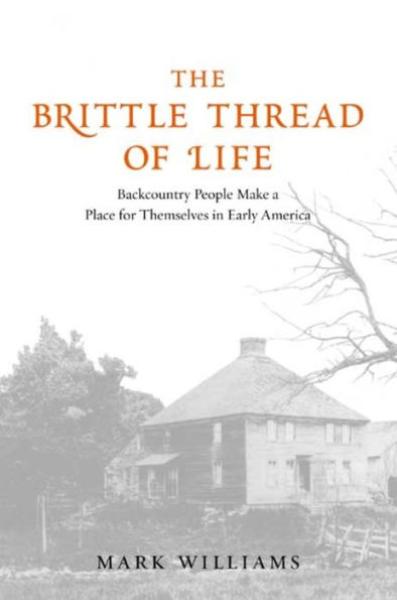Description
The colonists who settled the backcountry in eighteenth-century New England were recruited from the social fringe, people who were desperate for land, autonomy, and respectability and who were willing to make a hard living in a rugged environment.
Mark Williams' microhistorical approach gives voice to the settlers, proprietors, and officials of the small colonial settlements that became Granby, Connecticut, and Ashfield, Massachusetts. These people--often disrespectful, disorderly, presumptuous, insistent, and defiant--were drawn to the ideology of the Revolution in the 1760s and 1770s that stressed equality, independence, and property rights. The backcountry settlers pushed the emerging nation's political culture in a more radical direction than many of their leaders or the Founding Fathers preferred and helped put a democratic imprint on the new nation. This accessibly written book will resonate with all those interested in the social and political relationships of early America.
In this finely-crafted comparative study of Granby, Connecticut, and Ashfield, Massachusetts, Mark Williams recounts the struggles of eighteenth-century settlers on the upland frontier of the Connecticut River Valley. The Brittle Thread of Life recalls classic New England town studies of the 1970s, and vividly conveys struggles over land and religion, as well as local, colony, and state-wide politics from the late seventeenth-century to the beginning of the republic.--Richard D. Brown, University of Connecticut
--Richard D. BrownA deeply researched, vivid and absorbing account of the truculently independent people of New England's backcountry and their place in the history of the region and the nation.--Keith Wrightson, Yale University--Keith Wrightson
Product Details
- Yale University Press Brand
- Aug 1, 2009 Pub Date:
- 0300139225 ISBN-10:
- 9780300139228 ISBN-13:
- 265 Pages
- 9.3 in * 6.4 in * 1.1 in Dimensions:
- 1 lb Weight:




